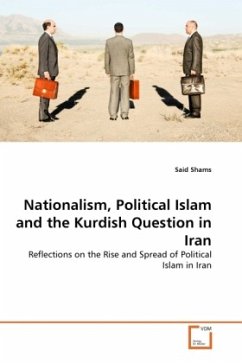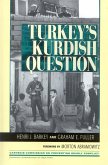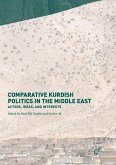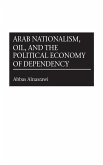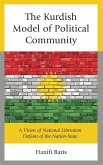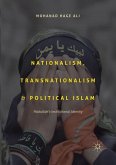It is hard to imagine a more timely and readable contribution to the current debate over policy towards Iran and the Middle East. Said Shams provides the essential theoretical outlook and historical context, explaining and examining the specific nature of the power shift in the late 1970s and early 1980s of twentieth century in Iran. The Primary focus is on the rise of the Islamist oppositional movement that emerged as an alternative to the official discourse and westernising project of the Pahlavi regime. Oppositional forces as a whole comprised a heterogeneous allaince including radical left wing and Islamic populist, secular nationalists, and Islamic moderate trends, all opposed to the regime of the Shah whom they viewed as dependent on and a protector of USA interests in Iran. Few emerge with credit from a story of full of tragedy and mutual incomprehension of this heterogeneous allaince.

